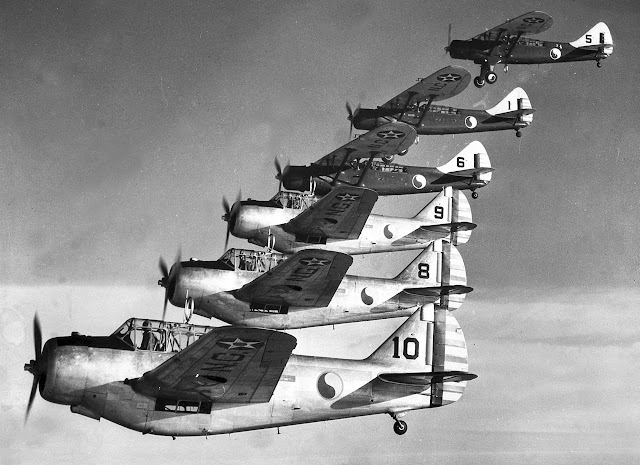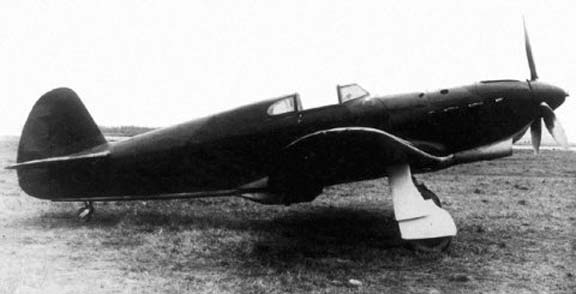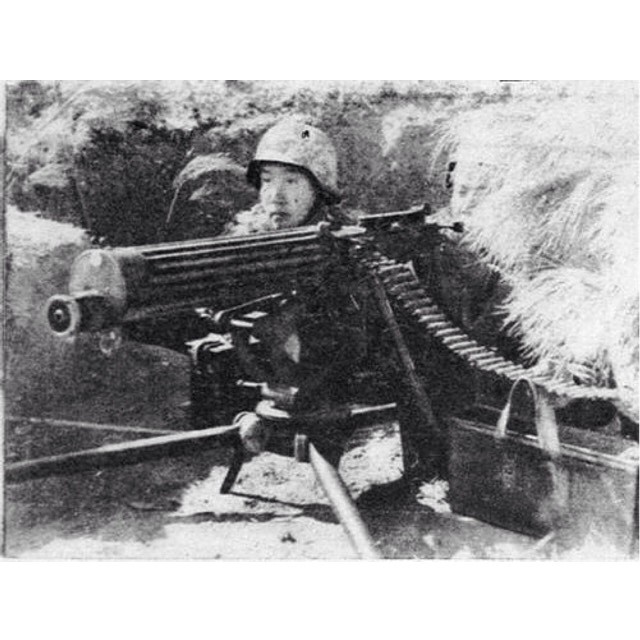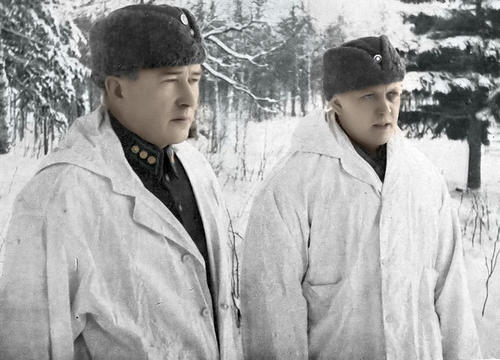Friday 1 March 1940
 |
| Major General Wallenius. |
Winter War Army Operations: Soviets close to within 4 mi/6 km of Viipuri city center. Soviet tanks break out past Viipuri and now are on much easier tank country. Essentially, the city is surrounded and the defense fragmented. Soviet 7th Army is heading west.
Lieutenant-Colonel Magnus Dyrssen, the commander of the Swedish volunteers (Stridsgruppen SFK), at Salla, is killed by Soviet shelling.
Winter War Air Operations: There are fierce dogfights over Viipuri, as the Finnish Air Force is making a stand there. The Finns send their own bombers to attack Soviet lines of communication, attacking railway junctions and troop trains.
Winter War Naval Operations: Marshal Mannerheim transfers a Jaeger (elite light infantry) Major-General, Kurt M. Wallenius, from Lapland to a new coastal command protecting Viipuri from the seaward side. Since everything is frozen, there is no natural boundary on that side of the city. Wallenius is famous for his saying, ""We don't let them rest, we don't let them sleep," and is something of a national hero.
Wallenius is no fool, having managed the extremely successful strategic defense of Salla and Petsamo. However, he knows an impossible situation when he sees it, and he protests the assignment because the Soviets already have crossed the frozen gulf and there is nothing that he can do. His troops, used to fighting in woods and tundra, are completely out of their element. They fail to dislodge the Soviets.
Battle of the Atlantic: U-20 (Kapitänleutnant Harro von Klot-Heydenfeldt) torpedoes and sinks 5,340-ton Italian freighter Mirella in the North Sea. All but one of the 30-man crew survive. The incident is unusual because U-20 first torpedoes the ship at 03:15 and leaves, believing it is finished. At 21:14, though, it sees the freighter still afloat and finally sinks it.
Norwegian 1388-ton coal transport Vestfoss is bombed and sunk by Heinkel He 111s of the Luftwaffe X Air Corps about 10 miles east of Copinsay, Orkney Islands. At first, it appears as if the freighter might survive and it is taken in tow, but it sinks and the 19-man crew is taken off by another freighter.
Needing large, fast transport, the Admiralty informs the Cunard Line that it is requisitioning the Queen Mary for the duration.
London terminates German shipments of coal to neutral Italy by sea.
The British at Gibraltar detain the US freighter Exeter.
Convoy HG 21F departs from Gibraltar, Convoy OG 20 forms at Gibraltar.
European Air Operations: The British conduct reconnaissance all the way to Berlin, with the focus being Kiel, Lubeck and the Heligoland Bight.
The Luftwaffe makes raids off the Yorkshire coast, bombing and strafing Latvian steamer Katvaldis, 1388-ton Norwegian freighter Brott and British fishing trawler Courage. The crew of the Brott abandons ship, which was in a convoy.
Middle East: General Wavell begins a major planning conference with officers from the Indian Army.
Applied Science: France offers to purchase heavy water from Norway. Heavy water, of course, is useful only for research purposes and atomic bomb construction. Food rationing in France is now in effect.
German Military: Hitler has a ground commander, von Falkenhorst, and a naval commander, Admiral Raeder, for Operation Weserubung. He gives the final directive for the invasion, No. 10a, "Case "Weser Exercise" against Denmark and Norway."
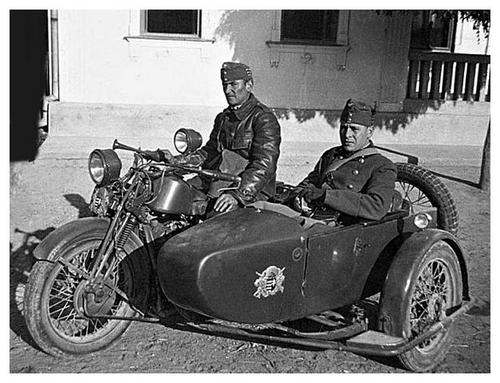 |
| Hungarian soldiers. |
American Government: Having visited Rome, Sumner Welles makes it to Berlin and meets with Foreign Minister Joachim Ribbentrop. Welles concludes that Ribbentrop is "very stupid" with a "completely closed mind," which is a quite common reaction to Ribbentrop from foreign diplomats. Ribbentrop has an overbearing attitude with them, often ranting and raving about how Germany will crush all opposition and basically giving listeners ultimatums on what they must do.
British Homefront: Shortages are developing in unlikely areas. Women are encouraged to fashion light-colored clothes in order to save scarce dyes for uniforms.
Lord Haw-Haw continues broadcasting from Hamburg. William Joyce opens his broadcasts with, "Germany calling, Germany calling." A BBC survey finds that one person in six, or almost 20%, listen to the program regularly. The BBC comes on at 21:00, and Lord Haw-Haw's broadcast comes along (conveniently) directly afterward, so many people switch over.
American Homefront: Having just lost the Academy Award for "Gone With the Wind," perhaps the biggest injustice in Academy history, Clark Gable appears in his next film, "Strange Cargo."
Richard Wright's proto-civil rights novel "Native Son" is published.
China: In the continuing Battle of South Kwangsi, the Japanese 22nd Army is digging in around Nanning in the face of expected Chinese attacks.
March 1940
March 1, 1940: Soviet Breakthroughs Past ViipuriMarch 2, 1940: Soviets Swarm West in Finland
March 3, 1940: Soviets Across Gulf of Viipuri
March 4, 1940: USSR Apologizes to Sweden
March 5, 1940: Katyn Forest Massacre Approved
March 6, 1940: Finns Head to Moscow
March 7, 1940: The Coal Ships Affair
March 8, 1940: Peace Talks Begin in Moscow
March 9, 1940: Soviets Harden Peace Terms
March 10, 1940: Germany Draws Closer to Italy
March 11, 1940: Winter War Peace Terms Finalized
March 12, 1940: War is Over (If You Want It)
March 13, 1940: Winter War Ends
March 14, 1940: Evacuating Karelia
March 15, 1940: The Bletchley Bombe
March 16, 1940: First British Civilian Killed
March 17, 1940: Enter Dr. Todt
March 18, 1940: Mussolini To Join the War
March 19, 1940: Daladier Resigns
March 20, 1940: Soviets Occupy Hango Naval Base
March 21, 1940: Paul Reynaud Leads France
March 22, 1940: Night Fighters Arise!
March 24, 1940: French Consider Alternatives
March 25, 1940: Reynaud Proposes Action
March 26, 1940: C-46 First Flight
March 27, 1940: Himmler Authorizes Auschwitz Construction
March 28, 1940: Allies Ponder Invading Norway
March 29, 1940: Soviets Prefer Neutrality
March 30, 1940: Allied Uncertainty
March 31, 1940: The Tiger Cage
2019
